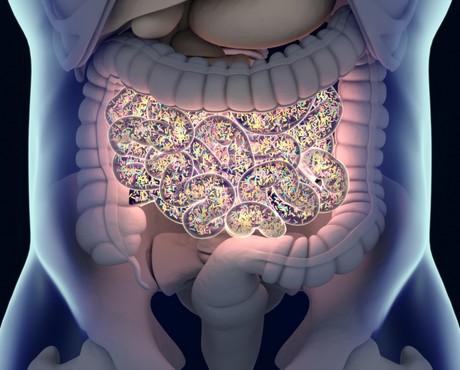Gut microbiota health and bacterial infections

From eating crickets to avoiding high-salt diets, maintaining a healthy gut has long been discussed in the food industry. However, research has found the health and balance of the gut microbiota has a role in the progression of a bacterial infection.
A study led by the University of Glasgow, in collaboration with Imperial College London, found that disease-causing bacteria were taking signals from the host’s gut microbiota in order to spread and progress the infection.
Using Citrobacter, a bacterium that infects mice and is a model for the human pathogen, E. coli, researchers found the bacteria were using signals produced from the microbiota to trigger the disease process and develop a prolonged infection.
This provided a greater understanding of the importance of the gut’s microbiota in the process of Citrobacter infection inside a host, as opposed in laboratory settings.
The researchers found that the bacteria used certain chemicals produced from the microbiota in order to enhance the infection and cause more severe disease.
According to the researchers, this highlights the impact of healthy gut nutrition and the microbiota on the susceptibility to and the progression of bacterial infections such as E. coli.

Andrew Roe, Professor of Molecular Microbiology at the Institute of Infection, Immunity and Inflammation and lead author of the study, said: “Our work focuses on understanding exactly how bacteria cause disease within animals. Through Citrobacter we have been able to show the key role played by the microbiota and how bacteria such as E. coli might use host signals to spread and increase infection.”
The paper was published in Nature Communications.
AFGC reviews progress on food and grocery manufacturing targets
In its latest food and grocery manufacturing sector report, AFGC reflects on the...
$15m AI space project to help boost Australian agriculture
The Australasian Space Innovation Institute is developing an AI-enabled geospatial national...
Barry Callebaut opens chocolate innovation centre in Singapore
The Callebaut Global Innovation Center is helping to advance the future of chocolate and cocoa...











